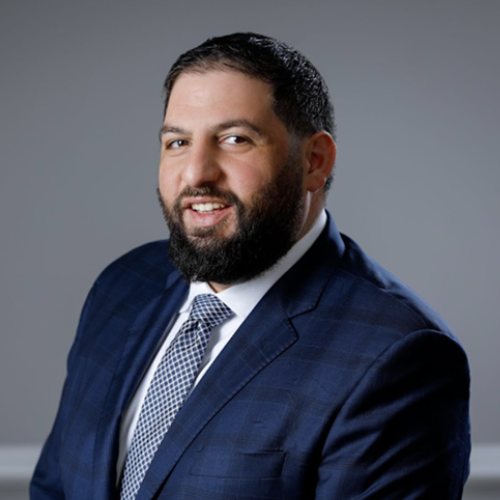Do you have US citizenship and a non-US bank account? By now you might have received a FATCA letter from your foreign bank asking about your US tax filing status. Why does your British (or German, or Australian, or wherever) bank care about whether or not you are following US tax rules? The short answer is that because of you, your bank is “on the hook” for US tax reporting rules now too. You are a potential liability for them, and they are putting their house in order. For the longer answer, our FBAR attorneys explain why you received this letter and your best course of action.
If you’re getting a Foreign Account Tax Compliance Act (FATCA) letter or Know Your Customer (KYC) form, it means that your bank wants to keep you as a customer, and they are giving you a chance to keep your account. There’s a significant number of American expats out there who received an account closure notice rather than a letter.
The title of your letter is probably something along the lines of a Know Your Customer Questionnaire.
Remember that KYC procedures are nothing new. All banks have them in order to prevent crimes like money laundering. When you signed up for your bank account, you had to provide identification like your passport and a few other similar pieces of information to comply with the law of the country where the account is.
A FATCA letter, however, is part of a new Know Your Customer process related to United States law. And it applies even if you’re not in the US. FATCA requires non-US banks to report back to US authorities about the accounts of US citizens and Green Card holders. So that means your non-US bank is now required by US law to care about your status as a US taxpayer.
How is that even possible, you may ask? The consequences for the non-US bank of not complying with FATCA – would be effectively getting locked out of the US financial system. That’s not something most banks are willing to let happen.
The bank’s options boil down to two choices: 1) “bolt on” the US KYC rules to their local KYC rules or 2) get rid of all their US customers. If you got a FATCA letter, that means your bank is taking the first option. According to the bank’s records, you look like you might be connected to the US somehow, and therefore they need to confirm if they need to report you.
There is no one format for these types of letters from banks, but they almost always ask you to complete and sign either a W9 form or a W8 form. US Persons (citizens or Green Card holders) use the W9. Others use the W8.
Sometimes FATCA letters ask for a customer’s US Social Security Number or if the customer is already reporting his or her bank account to the US authorities. On an annual FBAR / FinCen 114 form, for example.
The letters may give a brief background on FATCA itself or may inform the customer that information has already been passed to the IRS.
Don’t ignore that letter or expect it just to go away. You should answer your bank with the requested information. If you need extra time, get in touch with them, and let them know you’re working on it.
Ignoring the letter will likely result in the closure of your account. Also remember that your foreign bank account will, in all likelihood, be reported to the IRS anyway. If it goes in the system with incomplete information or appears to be otherwise problematic, it’s a red flag for the IRS.
While getting a FATCA letter about your foreign account from your bank is not exactly a happy event, getting a letter about your account from the IRS is far worse.
Your FATCA letter is a “heads up” to make sure you are compliant with your US foreign asset disclosure requirements before it’s too late. In these situations it is better for you to go to the IRS before the IRS comes to you – and they will come to you, eventually, thanks to FATCA. Then you may face considerable penalties if you have not been reporting your account to the IRS every year.
You have several ways of going to the IRS, the best of which involves the Streamlined Procedures (Foreign or Domestic, depending on where you live) or the Offshore Voluntary Disclosure Program (OVDP). You can read a full outline of your options in 2016 here.


